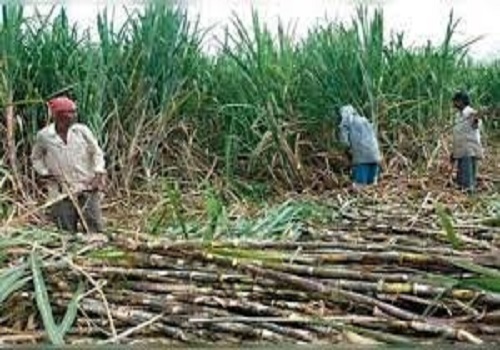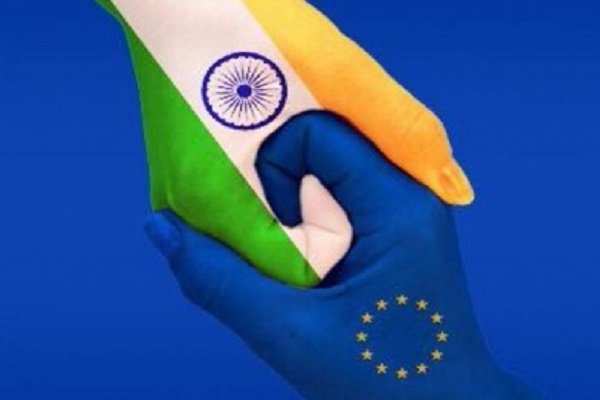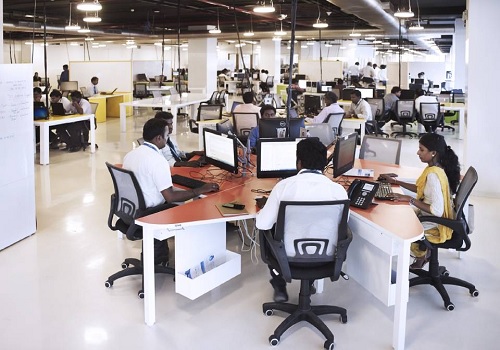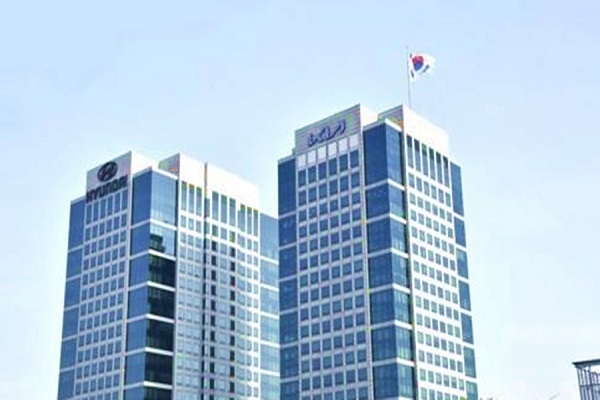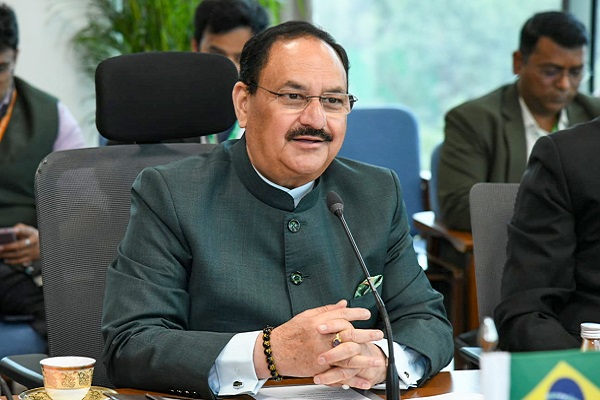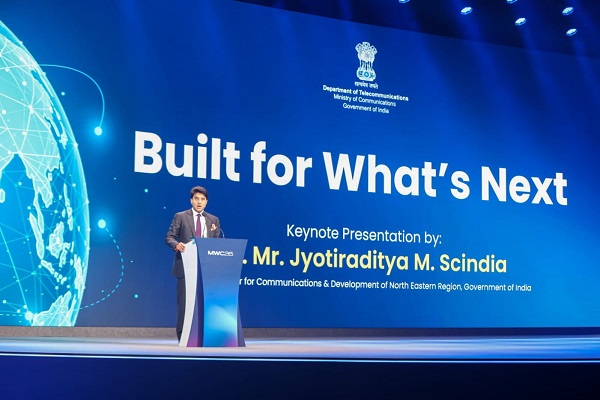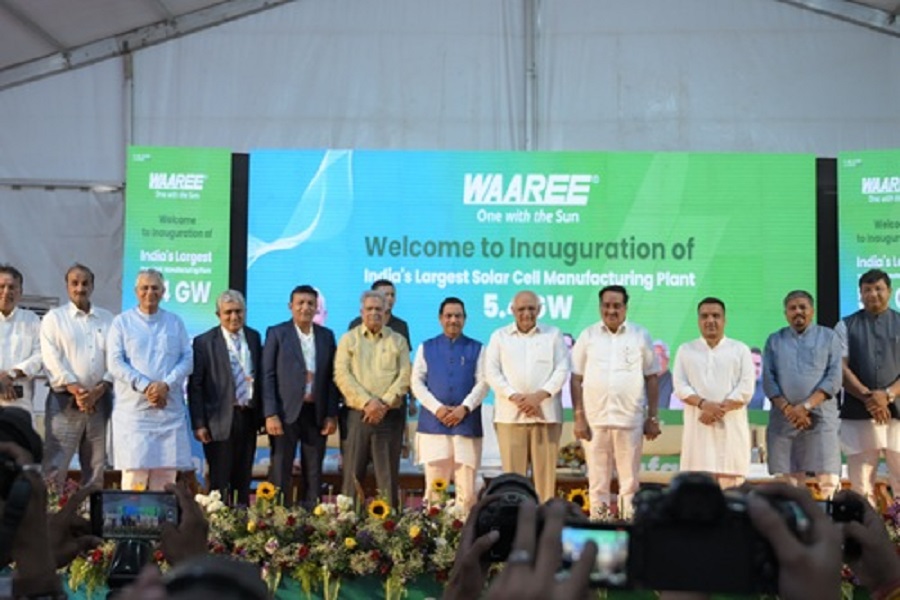Maharashtra, AEEE Announce Strategic MoU to Accelerate Sustainable Cooling and Climate Action

The Alliance for an Energy Efficient Economy (AEEE) and the State Climate Action Cell (SCAC), Department of Environment and Climate Change, Government of Maharashtra, announced a Memorandum of Understanding (MoU) today to establish a strategic framework supporting the State Action Plan on Climate Change (SAPCC). The MoU aims to drive decarbonisation and reduce emission intensity by strengthening energy efficiency and demand-side management across key sectors such as buildings, industries, space cooling, and cold chains. This marks a significant step forward in advancing Maharashtra’s climate action.
This announcement was made at a Regional Dialogue convened by the India Cooling Coalition (ICC), titled “How Maharashtra is Building Next-Gen Cooling Infrastructure and Capacity.” The event brought together public and private sector experts, implementation partners, and members of the media, reaffirming Maharashtra’s leadership in advancing climate-resilient cooling solutions.
Announcing the MoU, Shri Abhijit Ghorpade, Director, State Climate Action Cell, Government of Maharashtra, said, "Maharashtra is committed to acting decisively and urgently on climate change. Our partnership with AEEE, and our growing engagement with the India Cooling Coalition, is a step toward scaling sustainable solutions that are suited to Indian conditions. As the state aspires to become India’s first trillion-dollar economy by 2028–30, we must integrate long-term, low-carbon strategies into our growth model. Through the revised State Action Plan on Climate Change and strengthened climate action at the grassroots, we are setting the direction for a climate-resilient future."
The Coalition also explored the urgent need for climate-aligned cold chain solutions in India’s agriculture and food systems, especially to tackle high post-harvest losses in perishable crops like fruits and vegetables. Maharashtra alone produces over 28.8 million tonnes of horticultural output annually, but loses an estimated 2.1 million tonnes to inadequate storage and handling.
A central theme throughout the dialogue was the critical need for robust and accessible cooling infrastructure, particularly in light of India's significant post-harvest losses, estimated between 6.02% to 15.05% for fruits and 4.87% to 11.61% for vegetables. Discussions highlighted the practical application of various support mechanisms, drawing insights from comprehensive resources like the Micro Cold Storage Schemes: A User-Friendly SOP Guide. Developed by the Alliance for an Energy Efficient Economy (AEEE), this guide compiles the key government schemes supporting micro cold chain infrastructure, bringing together scheme-wise Standard Operating Procedures (SOPs), eligibility criteria, documentation requirements, and step-by-step guidance in one accessible resource. It is designed to benefit smallholder farmers, Farmer Producer Organisations (FPOs), cooperatives, rural entrepreneurs, resource institutions, and financial institutions – helping unlock timely access, increase awareness of available support, and drive broader adoption of climate-smart, energy-efficient cold chain solutions that can transform outcomes for farmers and rural communities.
“Resources like this are crucial to turning policy promises into real progress,” said Khushboo Gupta, Principal Research Associate, AEEE. “By simplifying complex processes, they bridge the gap between intent and implementation – ensuring that support actually reaches those who need it most, especially smallholder farmers and grassroots enterprises.”
The Coalition also addressed critical areas such as passive cooling, thermal comfort in buildings and appliances, and innovating cold chains for a climate-resilient Maharashtra. These discussions showcased Maharashtra's leadership in modernising cold chains for the agri and fisheries sectors, scaling indigenous cooling technologies, and proactively shaping policy for sustainable cooling transitions, including the implementation of urban cool roofs.
This event, held on 7 August – a day observed as MS Swaminathan Day – also underscored India’s commitment to agricultural innovation and food security, building on the legacy of the ‘Father of the Green Revolution’ to drive climate-resilient transformation in the years ahead.
Above views are of the author and not of the website kindly read disclaimer


